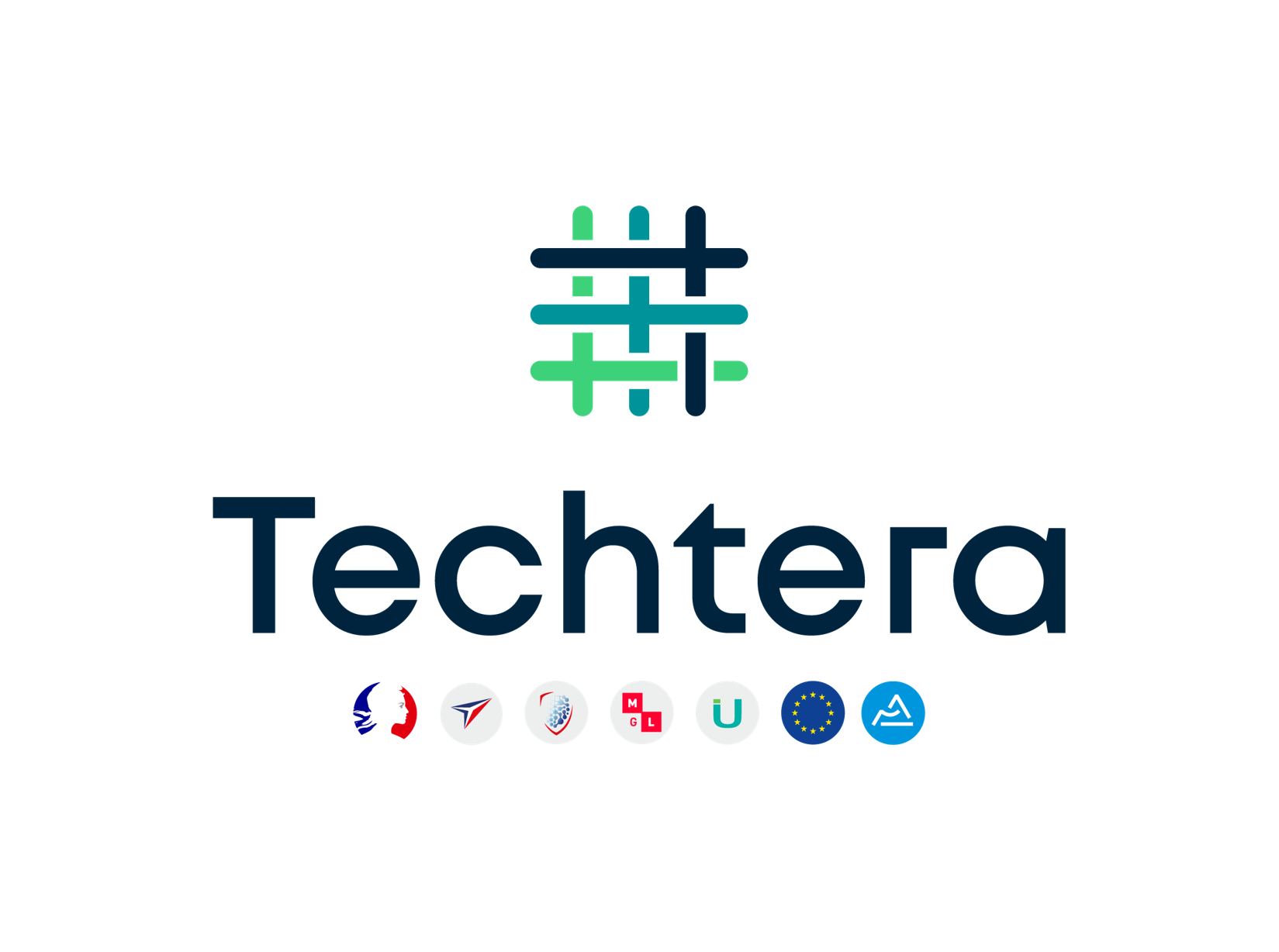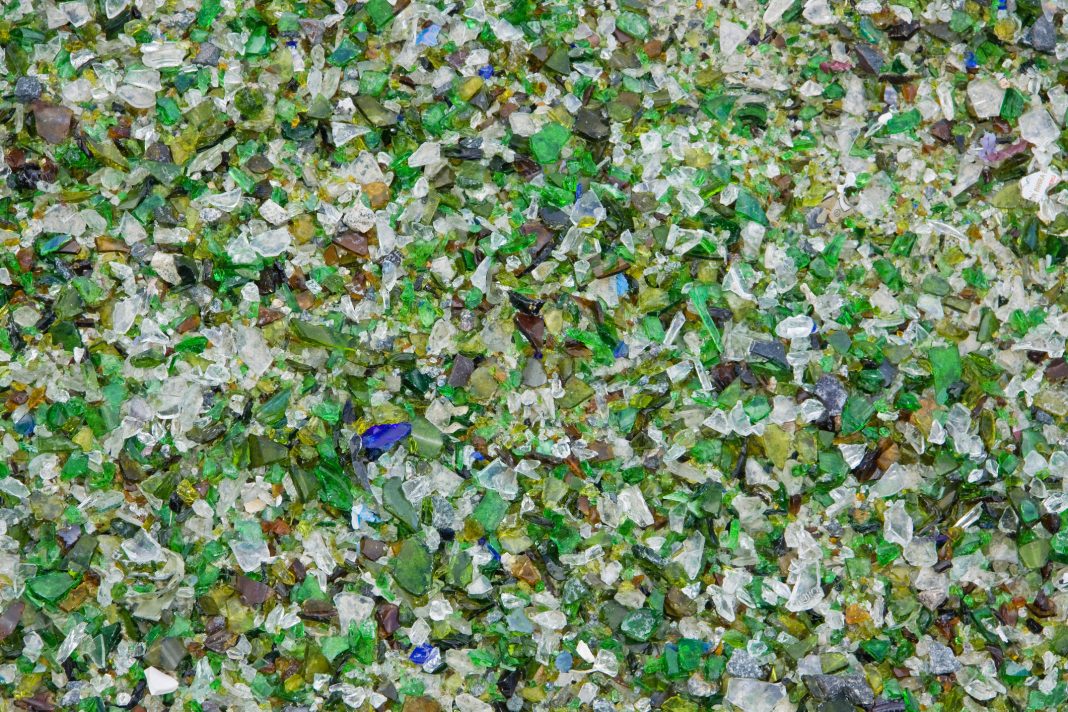The MC4 European research project aims to develop economically and technically feasible technologies for recycling fibre-reinforced composite parts
The MC4 project will provide solutions to improve the competitiveness and circularity of composite materials for the key materials ecosystem to support the competitiveness and transition of the EU industry.
Recycling fibre-reinforced composite parts
There is an urgent need to develop circular processes for fibre materials. Currently, about 110.000 tons of carbon fibre and 4.500.000 tons of glass fibre are used each year; however, the recycling rate of fibre-reinforced composites is only about 2%.
Carbon fibre and glass fibre materials facilitate sustainable transport, e.g., through their use as lightweight structural components in planes, cars, trains, bikes, and boats. Lightweight parts manufactured from carbon and glass fibre contribute to saving large amounts of CO2 in transport applications.
However, these benefits come at a high price:
- Carbon fibre can be manufactured in various ways, but the process is always energy intensive, requires very high temperatures, has high costs, and usually calls for fossil-fuel-derived precursor material;
- During the manufacturing of high-quality structural parts from carbon fibre, up to 40% of the material is wasted during processing; and
- The recycling of materials is still not solved at a larger scale. For example, 6000-8000 aircrafts are due to come to the end of their lives by 2030, which include large quantities of carbon and glass fibre composites.
The European research project MC4 aims to provide technologies for recycling fibre-reinforced composite parts, considering the technical and economic feasibility of different approaches.
Supporting competitive and sustainable European value chains
In coherence with the objectives of the European industrial strategy, the partnership will support:
- The creation of stronger European value chains;
- The reduction of the dependence of the EU on non-European materials; and
- The establishment of coherent circular economy loops.
Indeed, Europe is currently relying on foreign countries for the supply of carbon and glass fibres, and many processes are licenced by foreign countries. (1) In light of the COVID-19 pandemic and the conflict in Ukraine, it became even more important for the EU to improve its resilience to major disruptive events, which can profoundly unsettle global value chains.
With the development of European- owned processes for recycling glass and carbon fibre composites, the MC4 project will provide a solution with double the benefits: improving the capacity of European players to recycle these materials and creating a European-based source of raw materials.
To reach this objective, MC4 gathers 16 partners from nine different European countries to cover all the necessary steps of the value chain.


This work is licensed under Creative Commons Attribution-NonCommercial-NoDerivatives 4.0 International.


